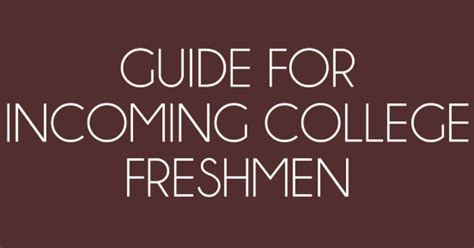Introduction

Embarking on your college journey can be an exciting yet overwhelming experience. Navigating the vast array of courses and selecting the right ones for your academic and personal growth can be a daunting task. This comprehensive guide will provide you with a thorough understanding of college basic classes, their benefits, and essential strategies for making informed decisions.
Essential Core Courses
1. English Composition
- Develops critical thinking, written communication, and analytical skills.
- Prepares students for university-level writing and research assignments.
2. Mathematics
- Enhances problem-solving abilities, logical reasoning, and quantitative literacy.
- Provides a foundation for STEM disciplines and other fields that require mathematical proficiency.
3. Natural Sciences
- Introduces fundamental concepts in biology, chemistry, and physics.
- Fosters an understanding of the natural world and its interconnectedness.
- According to the National Science Board, 75% of STEM jobs require a bachelor’s degree or higher.
4. Social Sciences
- Explores the human condition through disciplines such as history, sociology, and psychology.
- Develops a critical understanding of society, history, and human behavior.
5. Humanities
- Enriches students’ cultural awareness, critical thinking, and ethical perspectives.
- Includes courses in literature, philosophy, and the arts.
Benefits of Basic Classes
- Lay a solid academic foundation: These courses provide the building blocks for future coursework and success in your chosen major.
- Foster critical thinking: Challenges students to analyze information, synthesize arguments, and make informed decisions.
- Develop transferable skills: The skills acquired in basic classes, such as communication, problem-solving, and analytical thinking, are applicable in all academic disciplines and beyond.
- Expand perspectives: Introduces students to a wide range of subjects and perspectives, fostering intellectual curiosity and a lifelong love of learning.
Selecting the Right Classes
- Consider your interests and career goals: The courses you choose should align with your academic and professional aspirations.
- Consult with advisors: Advisors can provide guidance on course selection and help you create a personalized plan that meets your individual needs.
- Explore course descriptions: Thoroughly review the descriptions of potential courses to ensure they cover topics that interest you and align with your goals.
- Check prerequisites: Pay attention to any prerequisites for courses you wish to take. Ensure you have the necessary knowledge and skills before enrolling.
Tips and Tricks
- Start with a manageable workload: Avoid overloading yourself with too many classes in your first semester.
- Attend class regularly: Attendance is crucial for success. It helps you stay on top of course material and engage with instructors and classmates.
- Participate actively: Ask questions, contribute to discussions, and engage with the learning process.
- Utilize office hours: Office hours provide an opportunity to clarify concepts, ask specific questions, and receive personalized support from instructors.
- Join study groups: Collaborating with peers can enhance understanding and improve retention.
Pros and Cons
Pros:
- Strong academic foundation: Provides a solid base for future studies.
- Transferable skills: Develops skills that are applicable in various fields.
- Diverse perspectives: Exposes students to a wide range of subjects and viewpoints.
Cons:
- Can be challenging: The pace and rigor of college-level courses can be demanding.
- May not align with specific interests: Core classes may not be directly related to your chosen major.
- Time constraints: Attending classes and completing assignments can be time-consuming.
FAQs
1. Are basic classes mandatory?
Yes, basic classes are typically required for graduation in most degree programs.
2. How many basic classes can I take in a semester?
The number of basic classes you can take per semester depends on your institution’s policy and your own academic capacity.
3. Can I transfer basic classes from another institution?
In some cases, universities may accept transfer credits for basic classes taken at other institutions.
4. What if I fail a basic class?
Failing a basic class can delay your academic progress. You may need to retake the class or consider alternative options.
5. Are there any alternatives to basic classes?
Some institutions offer alternative educational pathways, such as online courses, summer programs, or prior learning assessment.
6. How can I make basic classes more interesting?
- Engage with the material: Ask questions, make connections, and relate the content to real-life experiences.
- Attend guest lectures: Invite speakers from industry or research to provide additional perspectives and insights.
- Incorporate technology: Use online resources, simulations, or interactive games to enhance learning.
Conclusion
College basic classes are an integral part of a well-rounded education. They provide a comprehensive foundation for continued academic success, develop essential transferable skills, and expose students to a diverse range of subjects and perspectives. By strategically selecting basic classes, engaging actively in the learning process, and seeking support when needed, you can maximize the benefits of these fundamental courses and set yourself up for success in your college journey and beyond.
